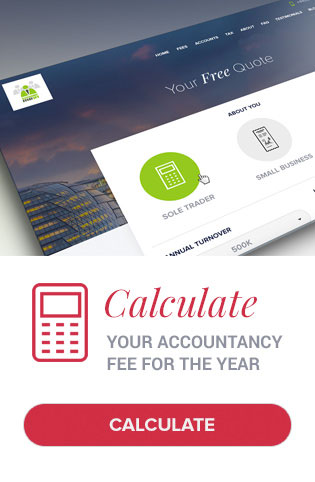In this economic climate job hunting can be critical and crucial for whoever is seeking for a new path, a new career or has just graduated from University and is looking for their first job. The number of applicants is big enough to make the job-seeking process very challenging. This article will take you through the key points and tips to remember before and during a job interview for an accountancy firm.
The first thing every job seeker must do before even applying for a position is doing your research, knowing everything about the accountancy firm and the vacant position. A few years ago this would have been a time consuming task, but now, with the popularity of “online marketing”, all the information you need is just a few mouse clicks away. Before your interview, you should have a clear idea about the size of the company/business, the kind of work or clients they have and what role they would expect you to work in. Knowing a bit about the company or business that is interviewing you will always come in handy. There’s nothing worse than being asked “so… do you know much about our business” when the answer is no!
Also, it could be very helpful to read and know the answers of some of the most common questions for job interviews at accountancy firms. This link has a list of the most asked questions during this type of interviews. Read it, study it, know it before the big day!
On the day of the interview at the accountancy firm it is vitally important, as per any job interview, to dress the part. If you are going to be working in a highly professional accountancy firm, you should turn up smartly dressed (suit and tie!) and look the (provessional) part they’re seeking for. First impression is key!
Always arrive at the interview on time. If you’re nervous beforehand, you’ll be a mess if you’re running late. Arriving on time is good for other reasons too. Sometimes it’s all that separates you from the other applicants and every little bit helps. Also, bring with you a copy of your CV! If you sent already via email during your job application, chances are that they won’t have it printed on your interview.
During the actual interview, try not to speak over the person who’s interviewing you and listen to what they have to say. It’s sometimes hard to fight the urge to say as much about yourself and your skills as possible, but it is equally important to listen and let the interviewer assess you ‘their way’. If you listen and answer questions thoughtfully you’ll be able to slow down and think clearly about what you want to say. You don’t want to leave an interview wondering if you said the wrong thing. On the flip side, coming across as arrogant or overbearing can reflect badly on your ability fulfil the job.
Be yourself! Try not to act someone you’re not because the minute you’re hired, you will slowly turn back into the person you really are. This means, don’t talk endlessly about skills and interests that you don’t really have or are not strong in just to impress the interviewer. There’s no point selling yourself as something you’re not, you will only end up in a job that you don’t like with colleagues who think you’re unprofessional. Be honest when you can and admit your weaknesses, your recruiter will appreciate and firms normally have training in place for you to overcome those weaknesses!
At the same time, avoid negativity when someone asks you how your day or week has been – don’t tell them the truth No one wants to hire a compulsive moaner!
After you survived the interview, keep in touch with the interviewer through a phonecall or a ‘Thank you‘ email. It will remind them who you are, how important this job is for you and what a pleasant person to work with you can be! Keep it short and sweet, no long or pushy emails.
Last but not least: getting a job is a process and it will often take several interviews to get a position. Learn from each them and try, try, try again!
AccountMeIn.co.uk
Credits: http://vector.tutsplus.com/articles/how-to-survive-a-job-interview-10-tips-for-creative-professionals/









